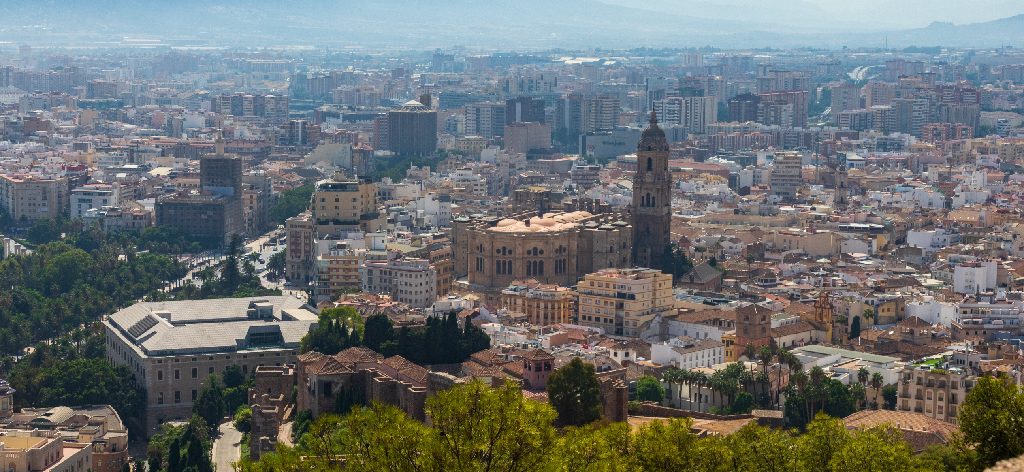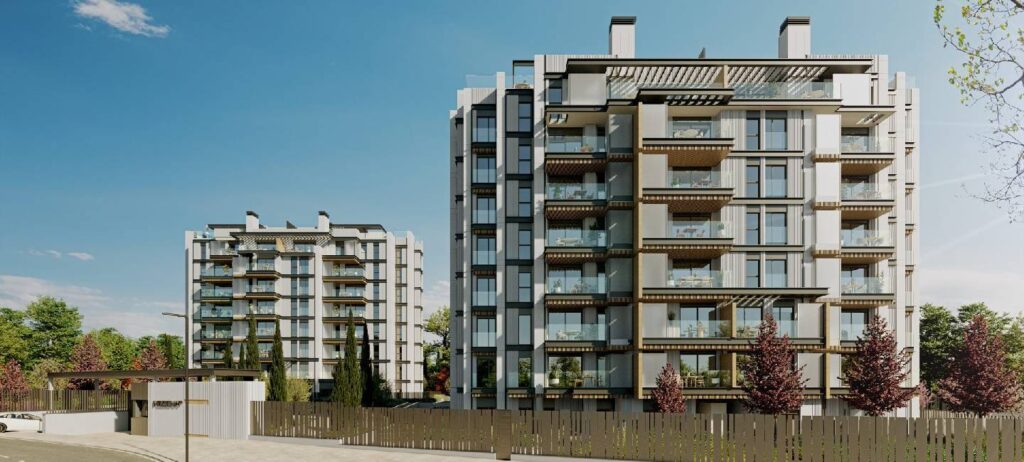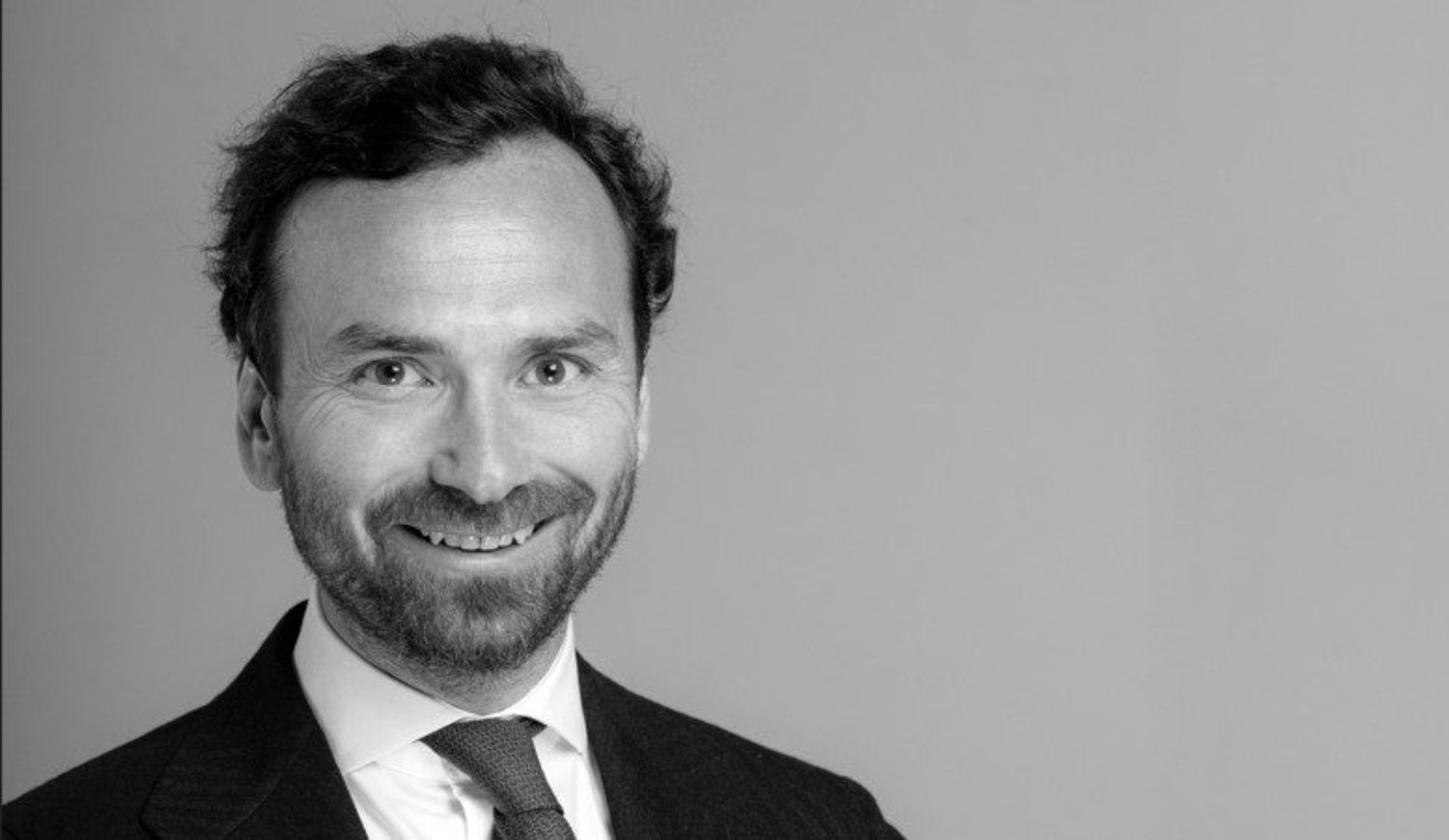Domus RS CEO takes a look at the current residential segment landscape on the BNews Podcast. The expert reviews the firm’s asset portfolio, land replacement for developers and the impact on the alternative residential market segment.
The supply of new housing is low for the current level of demand. Faced with the second-hand residential product, which is going to suffer a greater adjustment in prices, “new housing is going to resist much better, because it is a fantastic opportunity as a refuge value in a situation like the current one”, he points out. Jorge Pérez-Curto is the CEO of Domus RS . The residential development marketing company has been working with Spain’s leading developers for over a decade.
In the latest episode of the BNews Podcast, the professional analyzes the current investment landscape in new construction and asset management.
In the last year and a half, it has tripled the size of its workforce, the volume of projects under management and the level of turnover. Undoubtedly, a growth “supported by the entry of Hipoges in the capital in 2021″; now, the objective is to maintain consolidation through sustainable organic growth.
By the end of 2022, the firm has more than 70 developments throughout the country -from A Coruña to Almería and from Barcelona to Huelva, including the Balearic and Canary Islands- and more than 1,300 million euros under management in the residential business. Despite the current macroeconomic context, the company increased its market share and customer volume. Their main tool has been the search for agreements and alliances with mortgage brokers that have allowed them to help and complement their homebuyer clients in their search for financing.
For 2023, the challenge is bank financing for homebuyers, who understand that the current circumstances – despite rising rates – are still a suitable environment for buying a home, a product that remains a safe-haven asset. “Much of the product being offered in new construction is a safe and alternative investment and protection against an inflationary situation.
Moreover, Domus RS does not rule out the possibility of buying a company in the sector in the coming months. “We are analyzing companies that are complementary to ours in order to grow in areas where our existing presence is important but not dominant.” The intention of this move would be to increase the portfolio and equipment level in these markets. Although Pérez-Curto cannot advance the name of any specific firm, he expects the acquisition to occur during Q1-2023.
The firm’s modus operandi is divided into two types of clients with the same objective: to sell homes. On the one hand, there is the corporate side, linked to marketing: “We have a portfolio of clients that includes the largest developers in the country, the largest land developers“, i.e., clients who give them the mandate and allow them to sell in specific sites. On the other hand, there is the private customer.
Evolution of investment in new construction
Pérez-Curto explains that “each circumstance and each area has its own demographic conditions and peculiarities”. Although, from his perspective, the residential sector is experiencing a certain boom, however, not all areas are behaving in the same way. While all markets are currently healthy, demand is strongest where supply is scarce or where there is determined buying or investment pressure.

Madrid continues to be a very important focus of attention, Malaga has been the poster child for residential investment in Spain in recent years, and Seville is a city that works very well…”. In general, Domus RS is installed in environments where residential has a sustainable pace, strong demand and good performance.
The living expert believes that factors such as proximity to one’s own surroundings or the availability of services are decisive when selecting a home. Another parameter would be the buyer’s purchasing power, which in many cases will determine where a person is going to be able to buy a home.
Domus RS asset portfolio

The level of additions of developments and projects to Domus RS’s asset portfolio is “fast and high”. Among the latest additions to its portfolio, the company’s CEO highlights Mesenas 80-82, a Metrovacesa project located in Madrid, in the former financial city of Banesto, or the Aedas Homes project located in Laredo, Cantabria.
Rather than betting on developments from x number of homes, Domus prioritizes who is the developer client with whom it will work, what product will be developed and what is the market on which it will operate. “From there, if it’s a client we’ve been with for a long time, we always support and accompany them,” so the volume would be set by the developer. More than a supplier, the firm considers itself a partner of its customers. It is a question, according to Pérez Curto, of “working side by side”.
In general, what features are currently the most in demand? The living expert points out key criteria such as large spaces, natural light, large terraces or good layouts. One of the most important factors in this regard would be the principle that governs the real estate sector: location-location-location-location. In his opinion, “the Spanish urban planning framework means that in order to have quality housing you often have to go to the outskirts of the city, where you can develop a much more optimal and efficient floor plan”.
Land replacement: the raw material for developers
At this point, Perez-Curto exposes a “problem in the replacement of land, the raw material of the developers”, who are not able to replace finalist land at the same speed as it is being sold. Not only are they not able to replenish meter by meter, but the locations are changing, a situation that, for example, has been experienced in the community of Madrid.
“Every time, the new developments are moving further away from the center“, from his perspective, for a logical reason: “the land in the center does not exist” and the structure of an atomized society in blocks where there is multi-property makes it impossible to develop or rehabilitate these properties.
According to the CEO of Domus RS, “the public administration should make an effort to streamline and facilitate urban planning procedures and standardize them”. Today, companies with a national presence are faced with different management methodologies, systems and tools in each autonomous community. This “clearly hinders investment in different places and the availability or provision of land to the market”. And he insists: “it is unlimited, there is no land problem, the approved or finalist land is the one that is scarce”.
Impact of the alternative residential market on the traditional residential market
Many of the new sectors have always existed, but now the branding aspect has come into play, explains Pérez-Curto. “We had never talked about BTS, promotions to sell, and now everyone is talking about BTS or BTR.” Although residential solutions or new models have always been there, it is true that these modalities have gained importance in recent years due to the influence of other markets.
“They are looking for dynamics or alternatives to the very model of life that has changed.” According to the professional, innovation and the development of new models that make sense are welcome, and support and develop the market. Far from seeing them as a threat to the traditional market, he believes they are a complement and part of the overall business.


